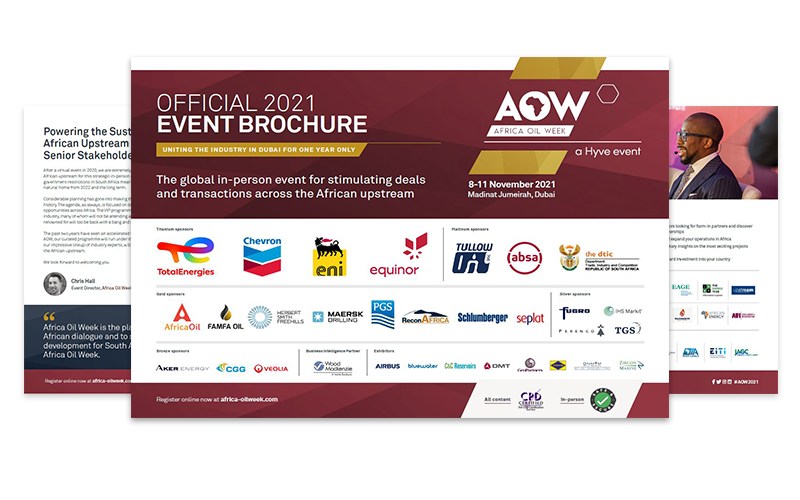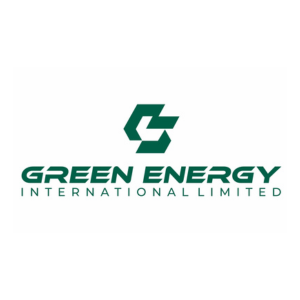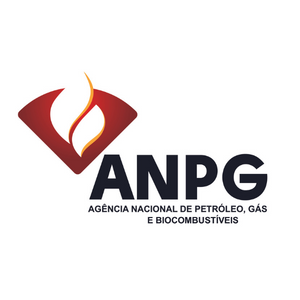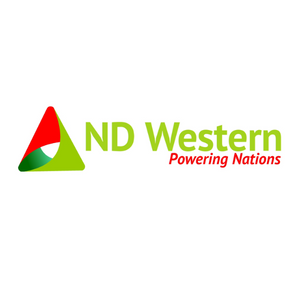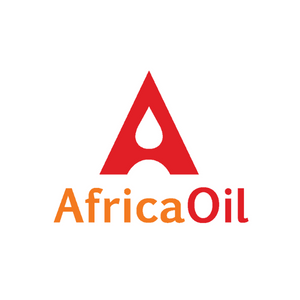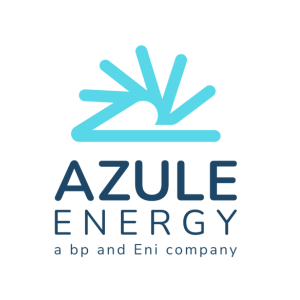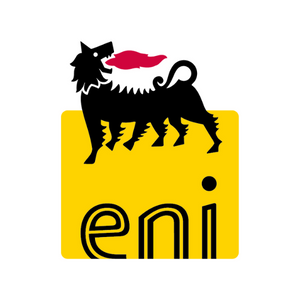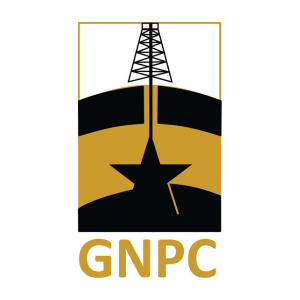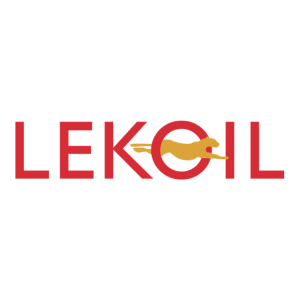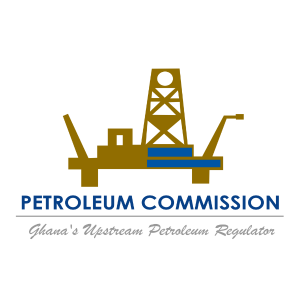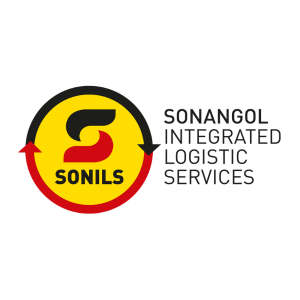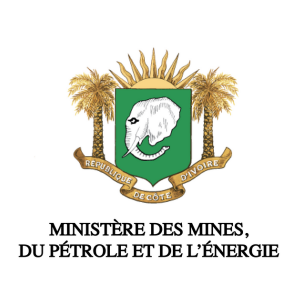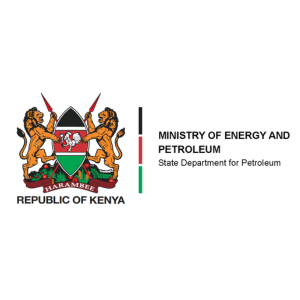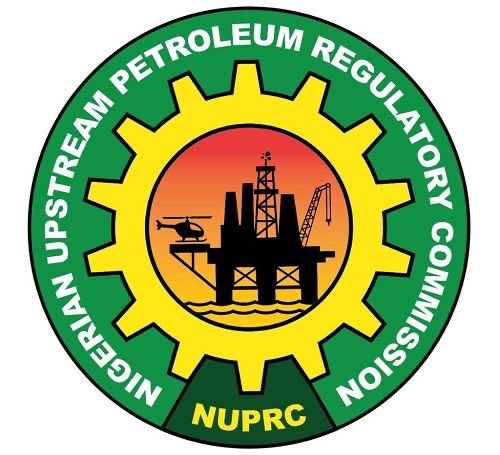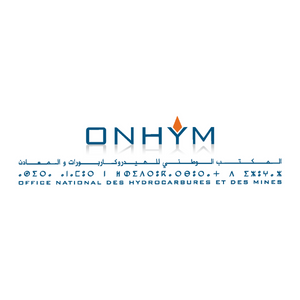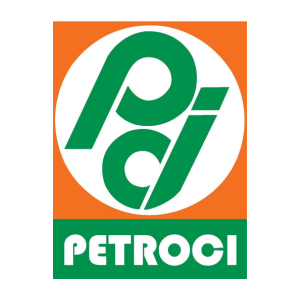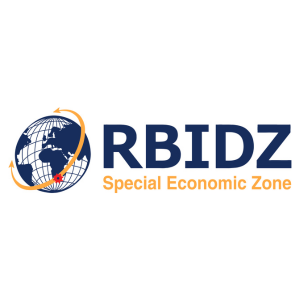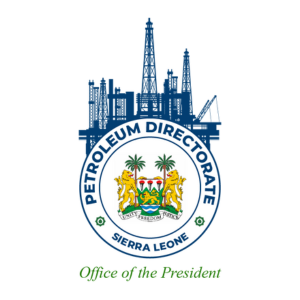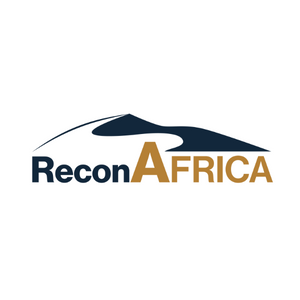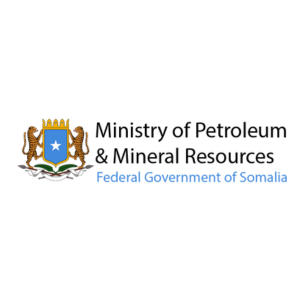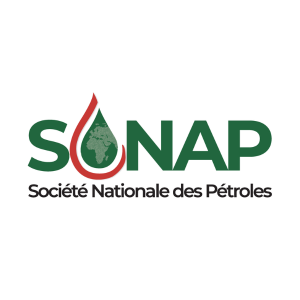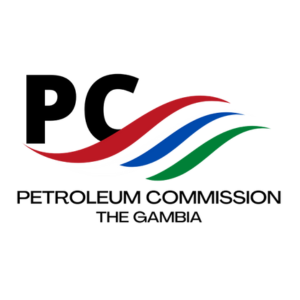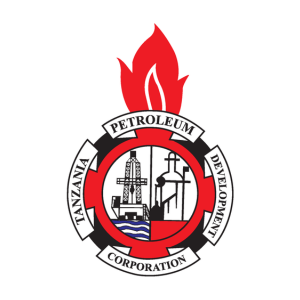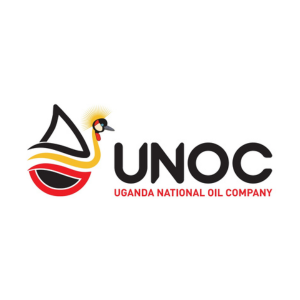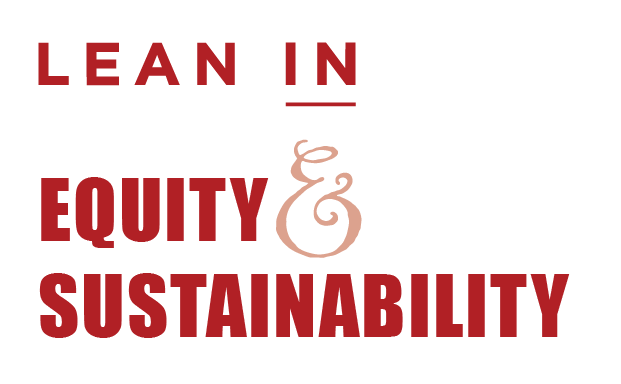Oil and gas resources have been a central element in economic growth for North African countries, notably Algeria and Tunisia. However, oil and gas export markets are becoming increasingly competitive, for a host of reasons.
Owing to the impact of COVID-19 on global oil and gas demand and a surge in global supplies, there is now more than ever a case for faster implementation of reform initiatives to achieve economic diversification and industrial development, including reforming inefficient and wasteful subsidies.
As the necessity of energy system transformation gathers pace at a global level, North African countries are increasingly making efforts towards their respective clean energy transitions. The clean energy transition offers opportunities for North African countries to transform their energy infrastructure in ways that can meet the region’s growing energy demand, create much needed jobs, and promote equitable socio-economic development, diversify economies, and build climate change resilience, all while achieving low carbon, sustainable, inclusive economic growth.
Decarbonisation pathways are also instrumental for North African countries to achieve their climate and economic development ambitions. However, change will not be easy as North Africa relies on energy exports to drive its economy, meaning that any substantial shift will require investment from more developed countries.
"The only way to move along this path is a dramatic surge in clean energy investment," Tim Gould, co-lead author of the report ‘Clean Energy Transition in North Africa’ and head of the International Energy Agency (IEA) division for energy supply outlooks and investment, said. "Countries are not starting this journey from the same point. In particular, emerging countries need the financing and knowledge to build their energy systems sustainably."
As part of the drive to achieve these goals, IEA is expanding its engagement with African regional partners and in northern African countries through a programme in the form of enhanced institutional engagement as well as an increase in technical activities in support of these countries’ energy strategies and objectives. Many North Africa countries are expected to benefit from this increased amount of support, with national governments welcoming the move. “Tunisia is determined to accelerate its energy transition over the next decade to achieve energy security through a diversified energy mix and to improve the country’s economic competitiveness,” Mohamed Boussaîd, minister of industry, energy and mines, explains.
Meeting United Nation goals
The region’s long term economic development and climate policy objectives, encompassed in countries’ nationally determined contributions (NDCs) and the United Nations’ Sustainable Development Goal (SDG) 7 and set out in the vision of the African Union’s Agenda 2063, will require a transformation in how energy is supplied and consumed across the region. The programme plans to support African countries, in co-ordination with local, regional, and other international entities, they will offer their energy strategies and practices on clean energy transitions by sharing expertise to enhance data, inform decision making and guide policy implementation. The aim is to support sustainable and accelerated development through a varied mix of technologies, help achieve SDG 7, promote increased energy security and affordability, and accelerate the development of clean energy systems across Africa.
While this requires broad based efforts beyond the energy sector, putting in place a mechanism to ensure effective and transparent hydrocarbon revenue management is the essential first step. Maintaining upstream investment to ensure adequate production, especially for gas, also remains vital to provide stability for the economy. However, this needs to be accompanied by greater efforts to reduce the environmental footprint of oil and gas operations, given that the emissions intensities of oil and gas production in North Africa are among the highest in the world. Reducing methane emissions is particularly important. The combined methane emissions in the region amounted to around 10 million tonnes, approximately 12 per cent of global oil and gas methane emissions. The region also accounts for over 10 per cent of the flared gas volumes globally, which represents a major wasted economic and environmental opportunity. The programme estimates that 55 per cent of methane emissions in the region could be avoided at no net cost, meaning that there are cost effective opportunities to reduce the region’s methane emissions available.
Struggles ahead for oil and gas sector
But while the future for the region is focused on low carbon energy, the present is still all about oil and gas, and there are struggles ahead there. For Algeria it has been a troublesome year with the nation's crude and condensate output falling to its lowest level in 17 years. In Salah, gas production fell to just 200m cubic feet/d in Q2 of 2020, down by almost 75 per cent on the previous quarter. Sonatrach, the state-owned energy company, has signed upstream memorandums of understanding with a range of international oil companies including ExxonMobil, Chevron, Eni, Lukoil, OMV and Cepsa, but many of these are vague plans to identify potential upstream opportunities for joint investment and firm deals look a long way off. Early last year Algerian president, President Abdelmadjid Tebboune confirmed a budget cut of 30 per cent, forcing Sonatrach to reduce its planned expenditure for 2020 by half, inevitably impacting its upstream ambitions for some time, as will continued price stagnation.
Learn more about the north African stakeholders attending Africa Oil Week and what's happening across the week in the brochure.

